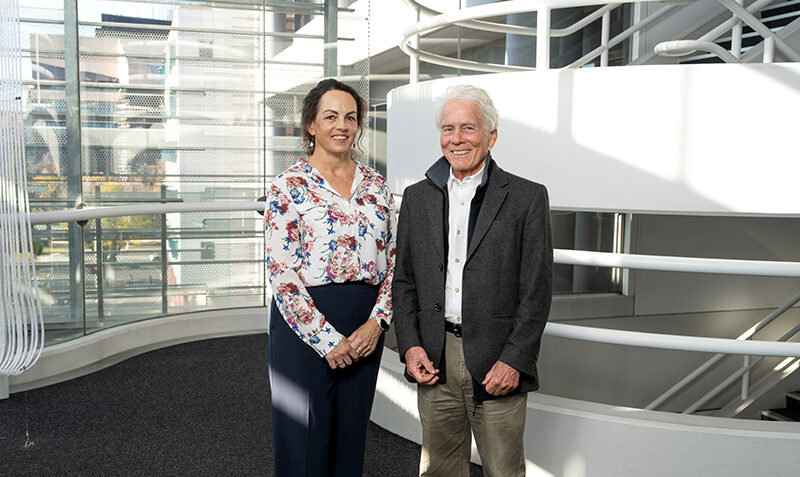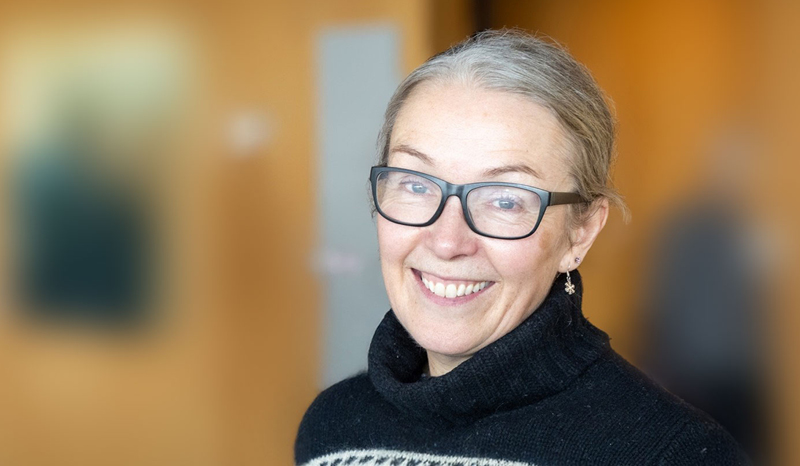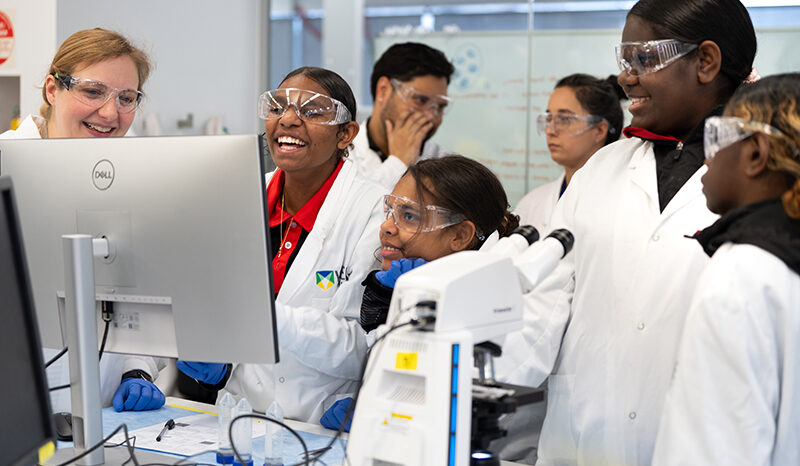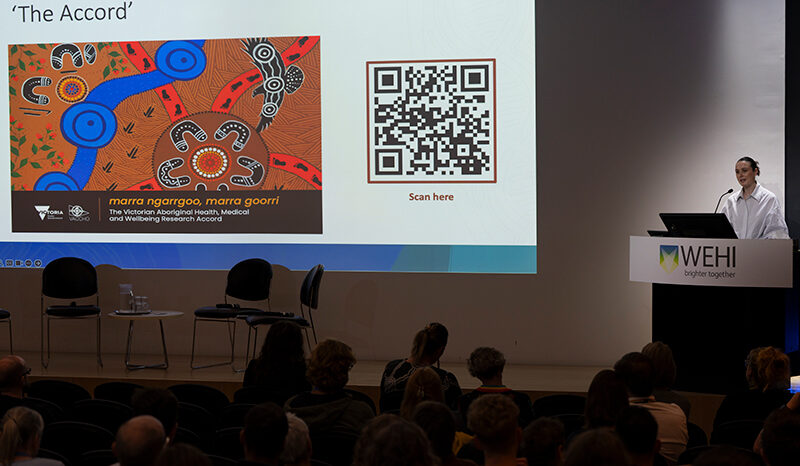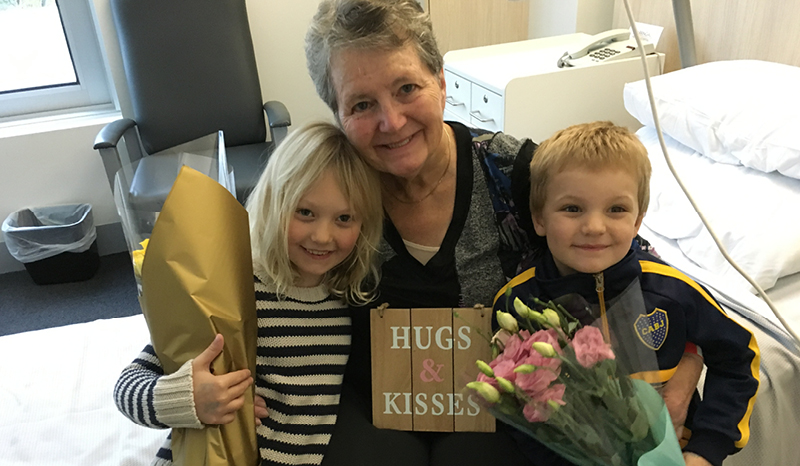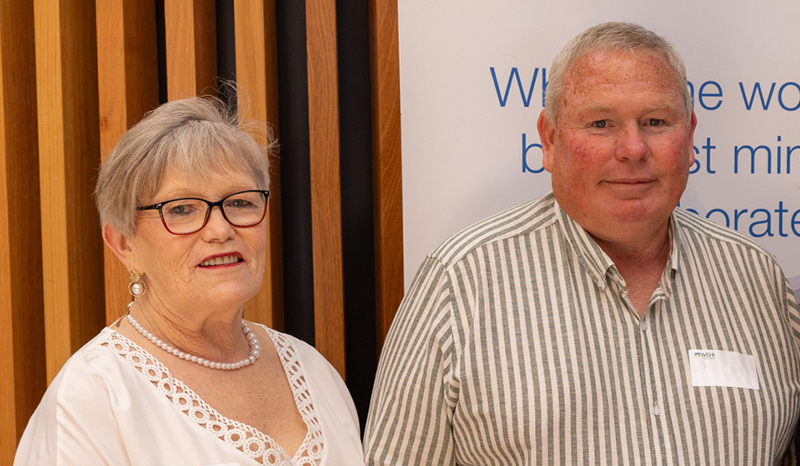It was Easter 2022 when Ali discovered a mass in her pelvis. Later she was diagnosed with uterine leiomyosarcoma, or uLMS. Like any parent, you dread the possibility of cancer, and you dread the possibility of a child dying before you.
I went into protection mode. Decades ago, I’d had a 13-year-old son diagnosed with type 1 diabetes, and so for the next 20 years I threw myself into trying to find a cure for type 1. That’s when I first came across WEHI. I’ve done a lot with WEHI and the wonderful researchers there, and I knew the respect that researchers in the US had for WEHI.
Initially we were told palliative care was Ali’s only option, but then because the cancer hadn’t spread, radical surgery would at least give her a chance.
I started researching the world looking for information on uLMS and then included information on Ali’s medical history – she’s always been slightly anaemic.
When two other friends Ali’s age were diagnosed with gynaecological cancers I started to wonder: what do these women have in common? They were all pre-menopausal, all still menstruating, and had caesareans and disturbance of their pelvic area. I began asking every scientist and gynaecologist I could about links to anaemia or iron metabolism malfunction and rare gynaecological cancers.
In overseas research papers I came across this newly defined type of ‘cell death’ called ferroptosis, which is iron dependent and plays a role in suppressing tumours and metastases. Conversely, the inhibition of ferroptosis can lead to cancer therapy resistance.
When I came across the amazing research Professor Clare Scott and Dr Holly Barker are doing in rare and gynaecological cancers at WEHI, I just wanted to accelerate it.
I began supporting their research into ferroptosis and uLMS, and became involved with the peak body, Australia New Zealand Gynaecological Oncology Group (ANZGOG), which is lobbying government for a $100 million investment over four years into gynaecological cancers.
In Australia, 1-in-23 women will be diagnosed with a gynaecological cancer in their lifetime, and 55% of those cancers will be untreatable, or will have limited treatment options. ANZGOG is mobilising to say, ‘this is just not good enough’.
Gynaecological cancers are dismissed because women don’t make a lot of noise. Also, mothers have got so many pressures in life that there aren’t many women who have the capacity to take on a cause like this, as well as look after a family and stay alive!
WEHI is well known for pushing the boundaries in medical research. By supporting this frontier work on ferroptosis and uLMS, I hope more treatment options will become available to help women with gynaecological cancer have a better future.
–
Header image: Dr Holly Barker’s (left) uterine cancer research project at WEHI, generously supported by Steve Higgs AM (right), is in collaboration with ANZGOG as part of their $100 million bid to government for the Gynaecological Cancer Transformation Initiative.


